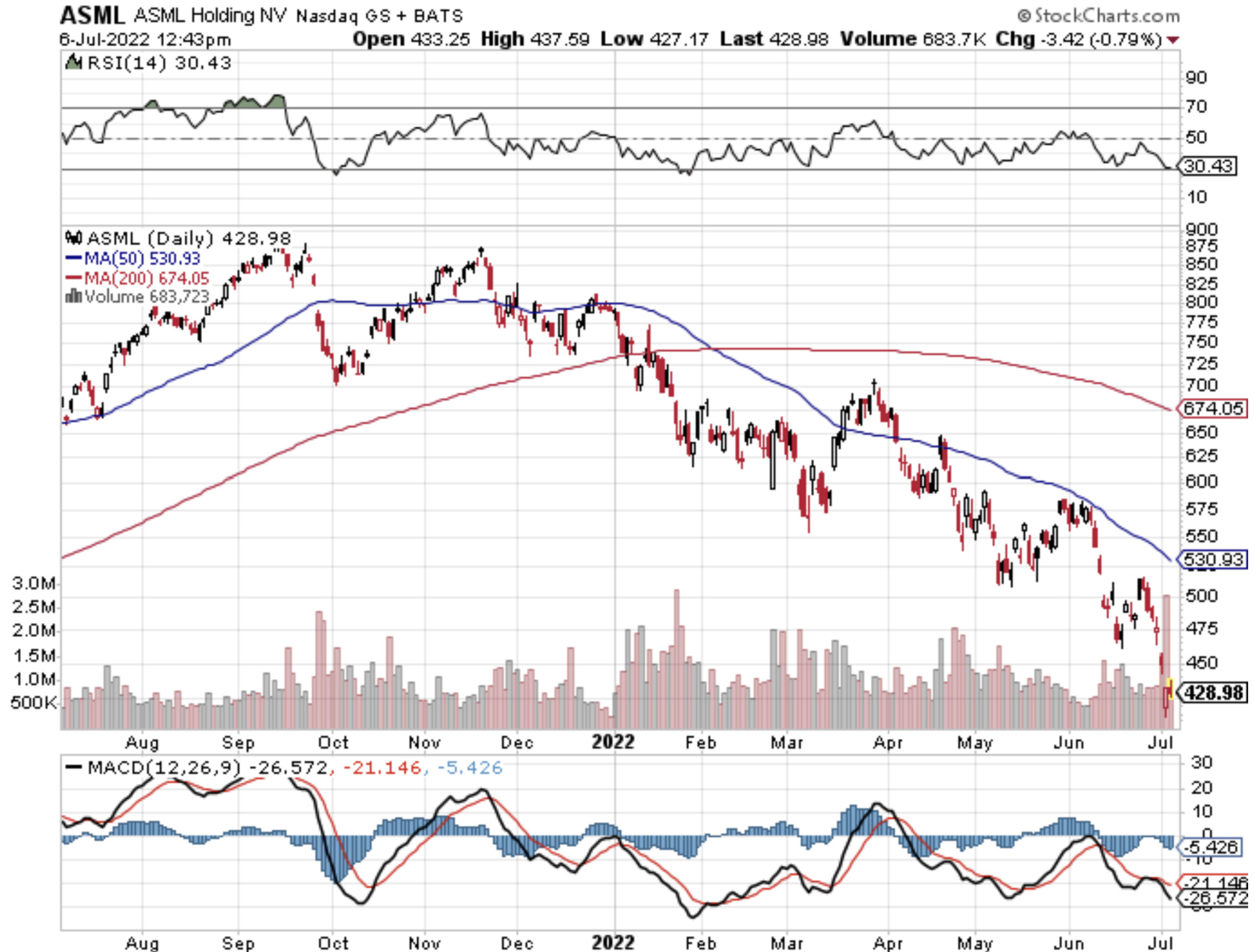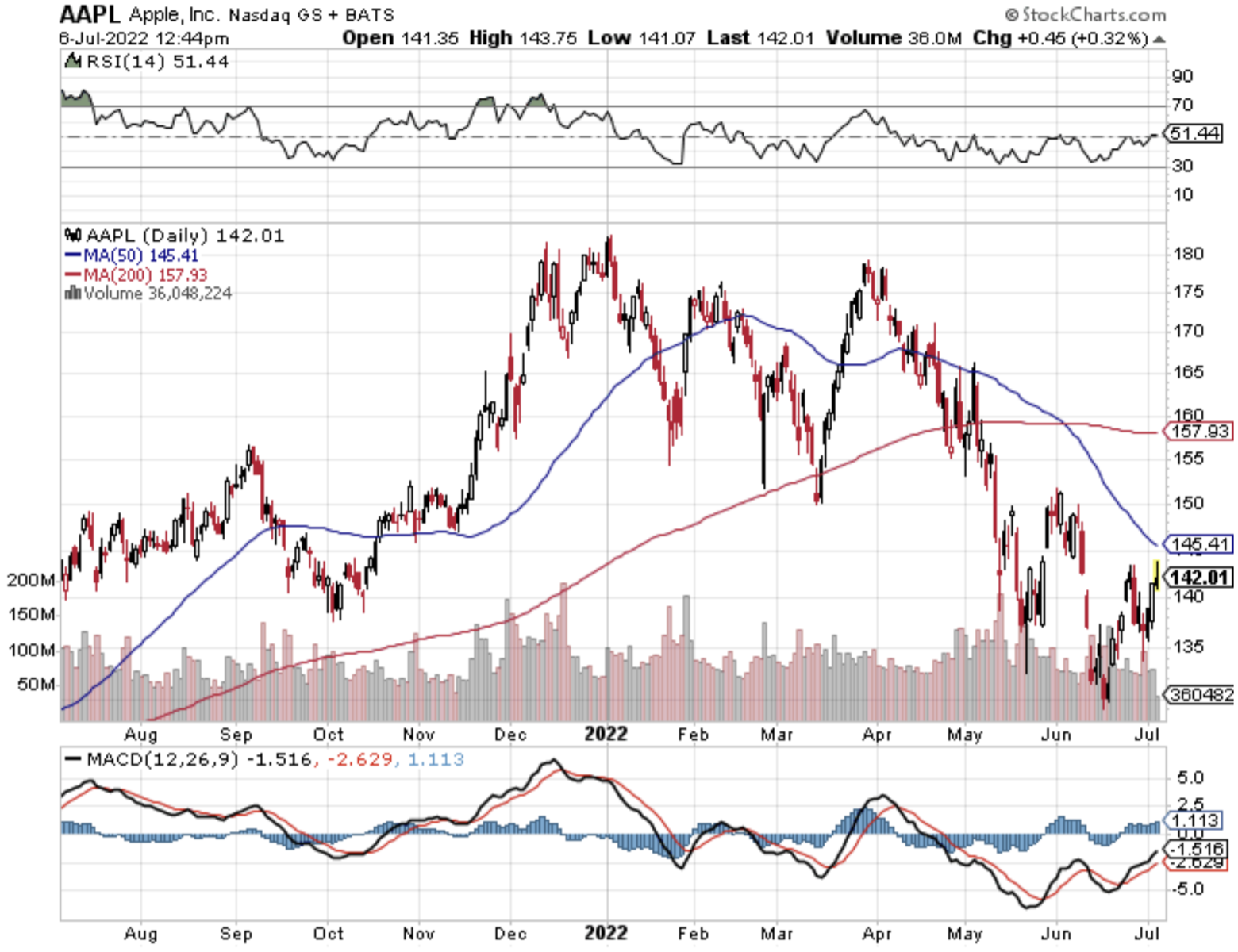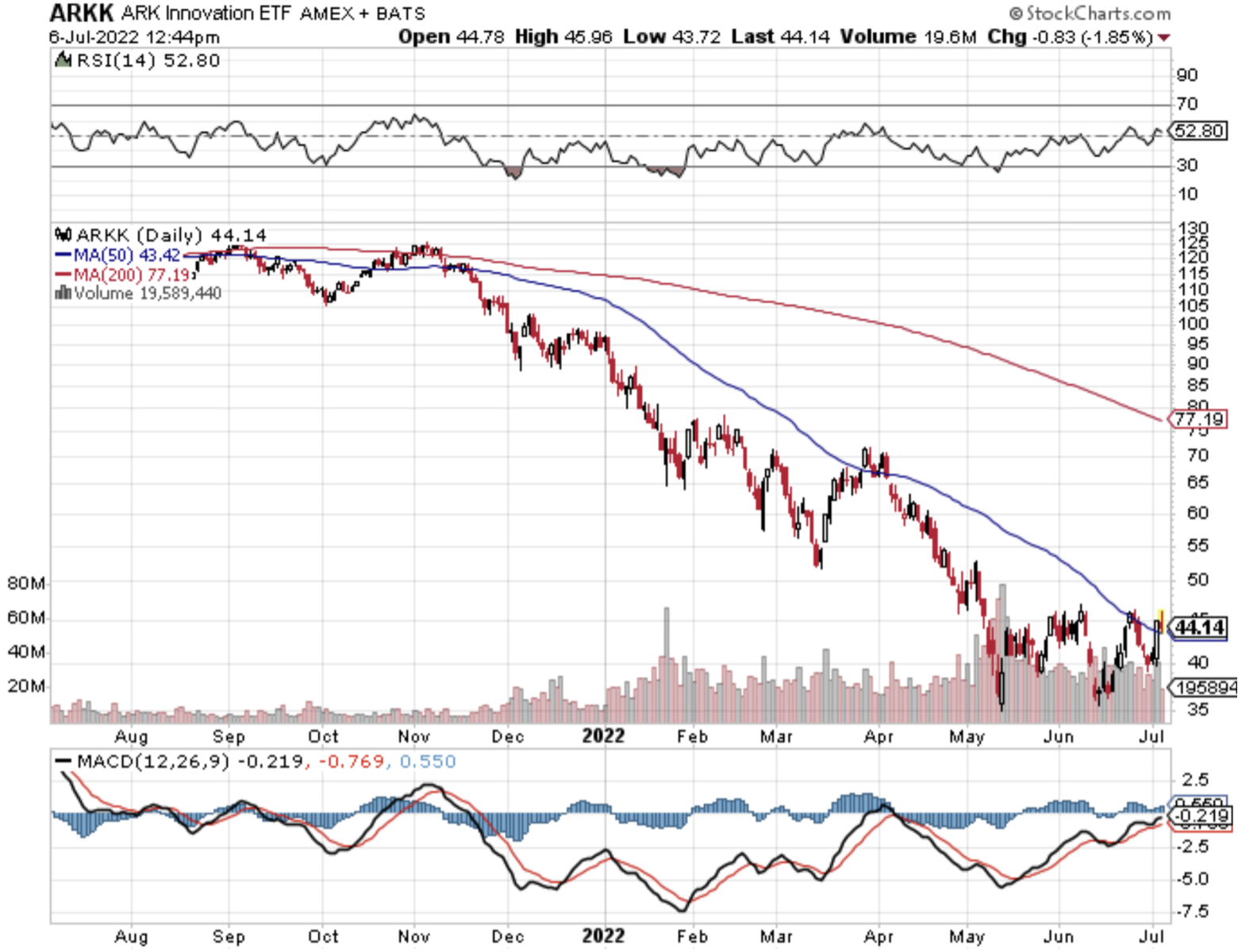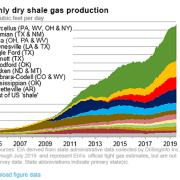Good News Is Bad News
As the bear market rally picked up steam Tuesday with even Cathy Wood’s growth ETF (ARKK) gaining 9%, it’s clearly a reaction to the Nasdaq repricing its biggest underlying risk.
The market is now pricing in a global recession and that has replaced inflation as the number one worry for investors.
This new development has led to the Nasdaq sniffing out the return to the bad news is good news effect.
That is why the U.S. 10-year treasury yield cratered from 3.5% to 2.8% which reflects the future expectation of a pulled-forward global recession.
This would trigger a fresh interest rate lowering cycle by global central banks.
Lowering rates is good for Nasdaq stocks and tech stocks will be a big beneficiary of lowered rates as they have overshot to the downside on this rate rise cycle.
That doesn’t mean it’s all rosy in the land of the Nasdaq, hardly so.
We are still in the fog of war and amid improving technical data like lower oil prices, worsening economic relations between the large nuclear-equipped countries are not only moving the world towards a soft technological decoupling but a hard fracturing of general relations.
My first thought was will China finally strike back against the United States in the form of destroying Tesla’s (TSLA) Gigafactory in Shanghai or blacklist Apple (AAPL) iPhones in China.
These two events would be the point of no return for the two countries’ economic cooperation and anything beyond that, relations could spiral out of control rapidly and even be the impetus for a Taiwan takeover.
Clearly, Silicon Valley does much better when the world is getting along, and everyone is paying for their stuff.
That can’t happen as smoothly with the world rapidly balkanizing which is a big reason for massive selloffs in Netflix whose international audience has soured.
On the production side of things, Chinese-produced stuff won’t be able to get sold back to Americans using Guangdong factory production as semiconductor chips and equipment have become the focal point of national security efforts.
The US has placed export controls against Chinese technology firms from purchasing chips and equipment.
Now Biden is blackmailing the Netherlands to ban one of its top chipmakers from selling semiconductor equipment to Chinese companies.
The Biden administration is pushing hard for Dutch chip equipment maker ASML Holding NV (ASML) to halt selling some of its older deep ultraviolet lithography, or DUV, systems.
Even though these machines are one generation behind cutting-edge, they offer high-tech chips for automobiles and consumer electronics.
Washington has also pressured Japan to stop shipping semiconductor machines to China.
Since the Trump tariffs, China has been the biggest buyer of chipmaking gear for the last two years.
On the European front, regulation is hitting home hard as the U.K. has initiated investigations on Amazon’s selling practice by in-house brands and is looking into Microsoft’s anti-competitive acquisition of Activision.
If American tech companies have nowhere to produce, nobody to acquire for instant growth, and nobody to sell to then it becomes a massive issue for shareholders.
Even though the equity mojo boost of good news is bad news is a nice reprieve, a global recession where many companies fire staff and can’t sell their product because lack of parts is worse.
Therefore, we are still issuing a sell the rallies in tech type of recommendation to our readers while acknowledging there has been a small wave of dip buyers entering back into the game.








